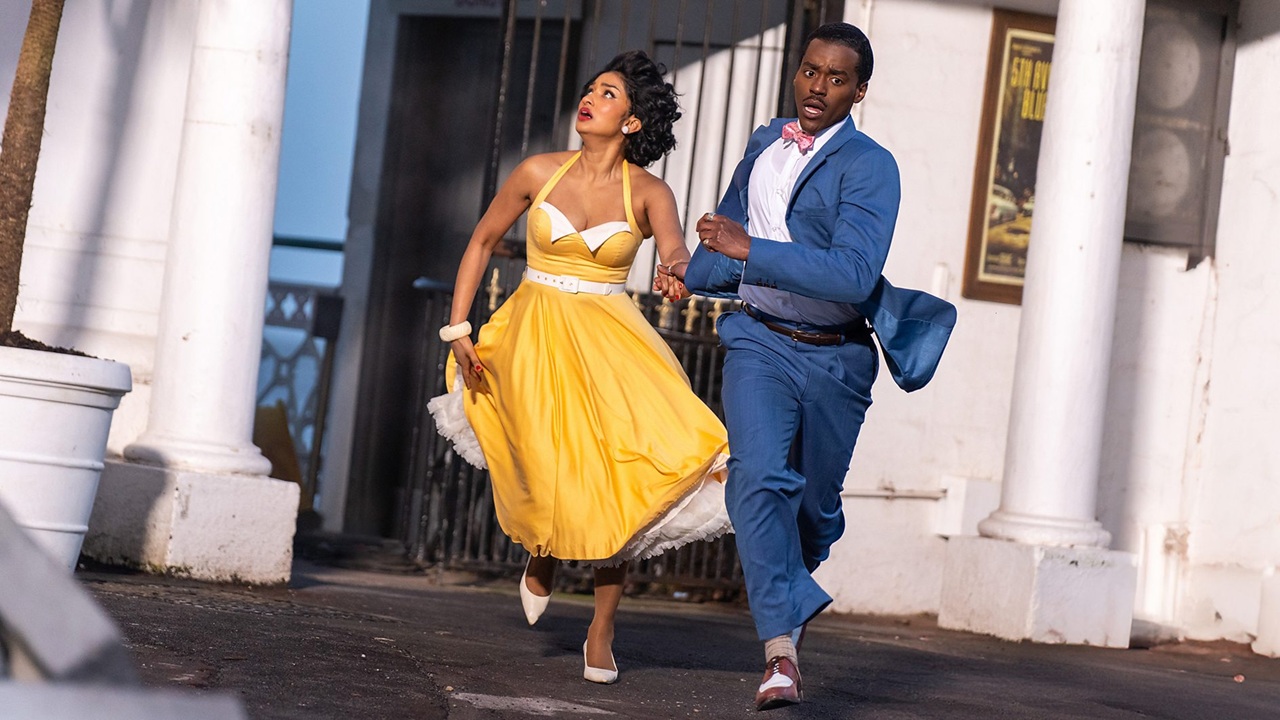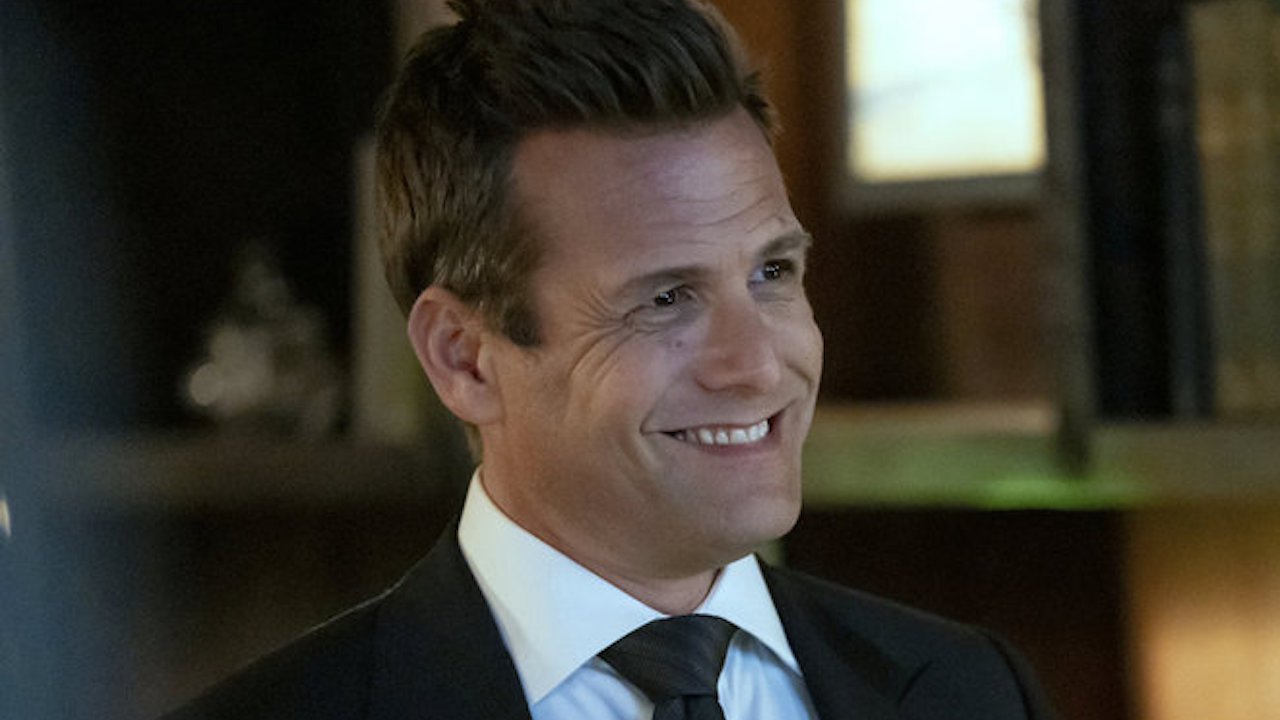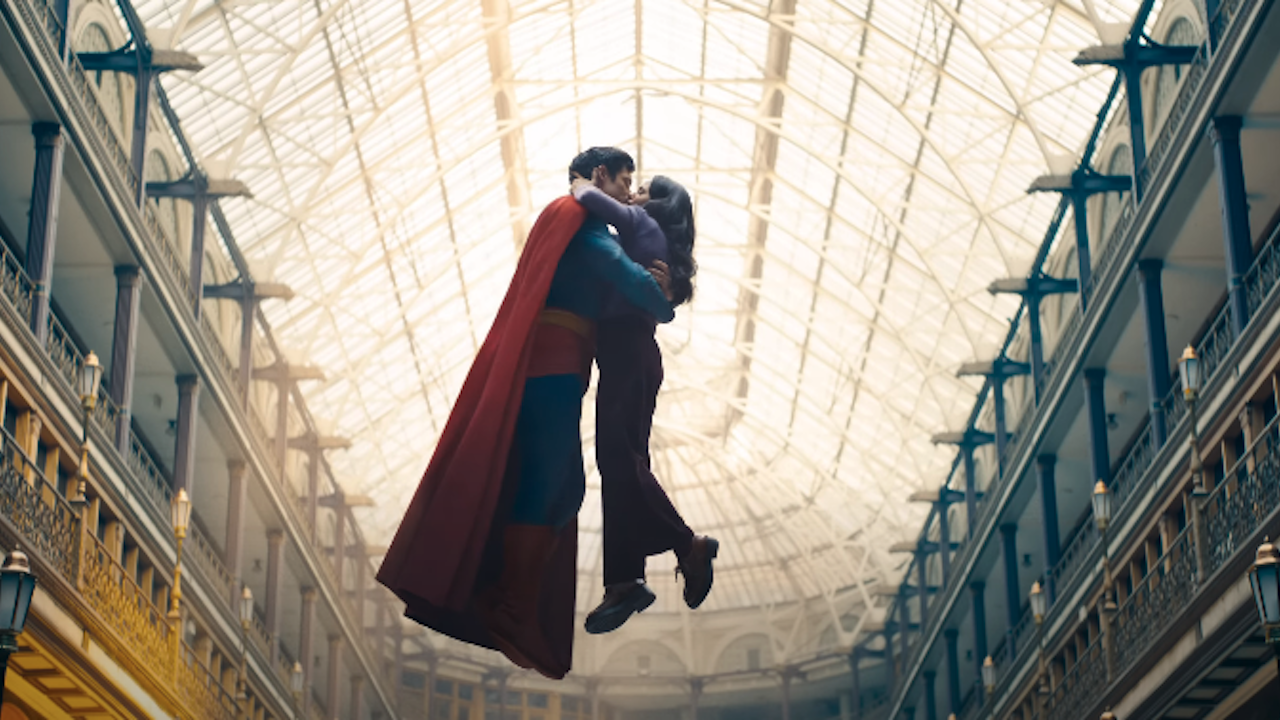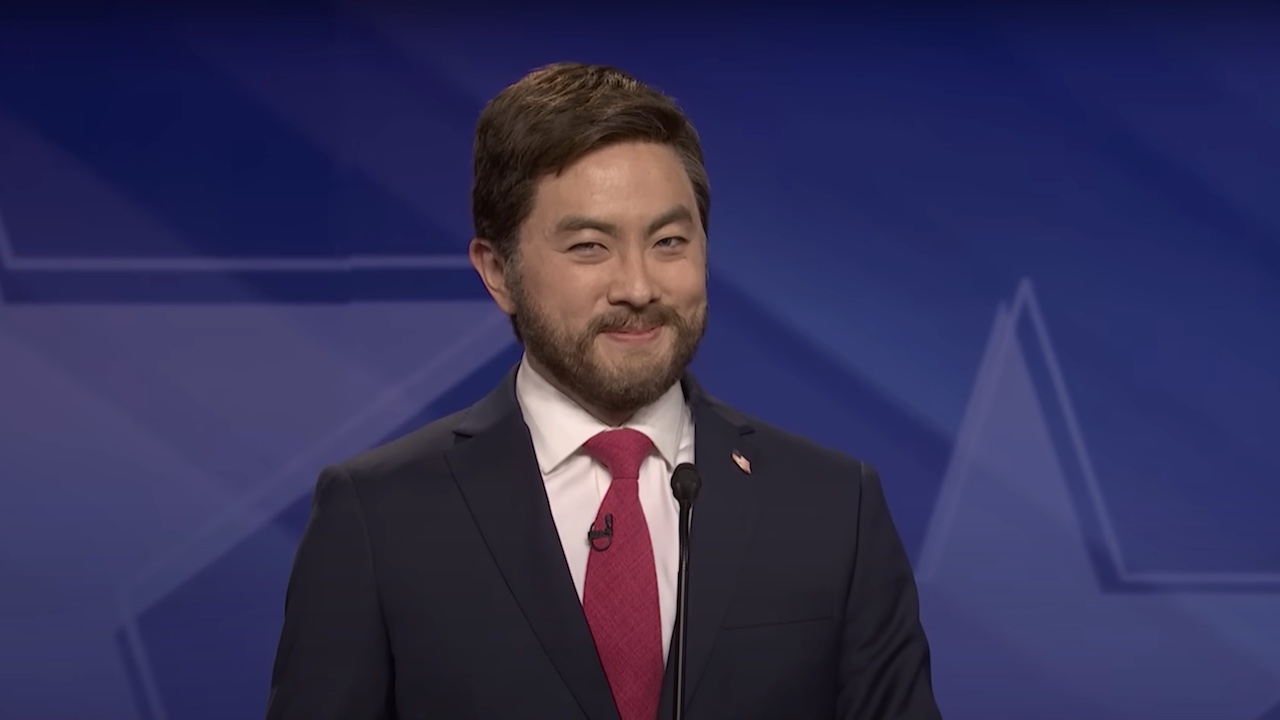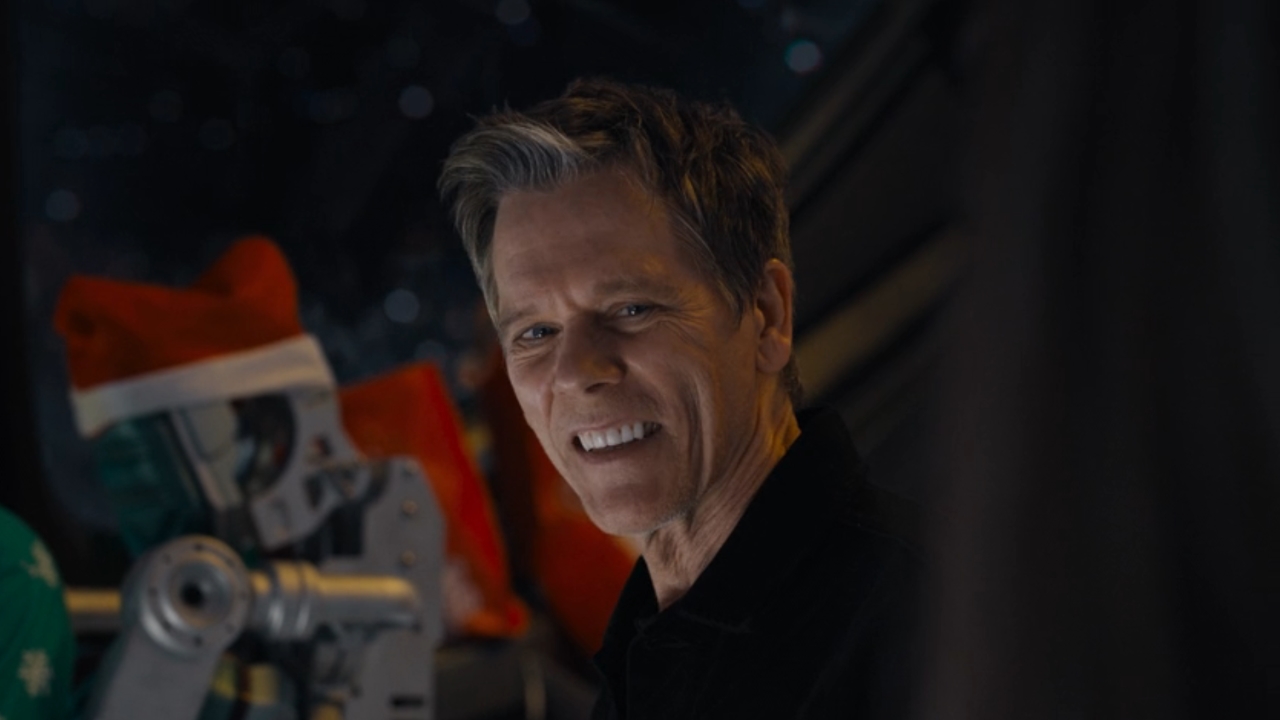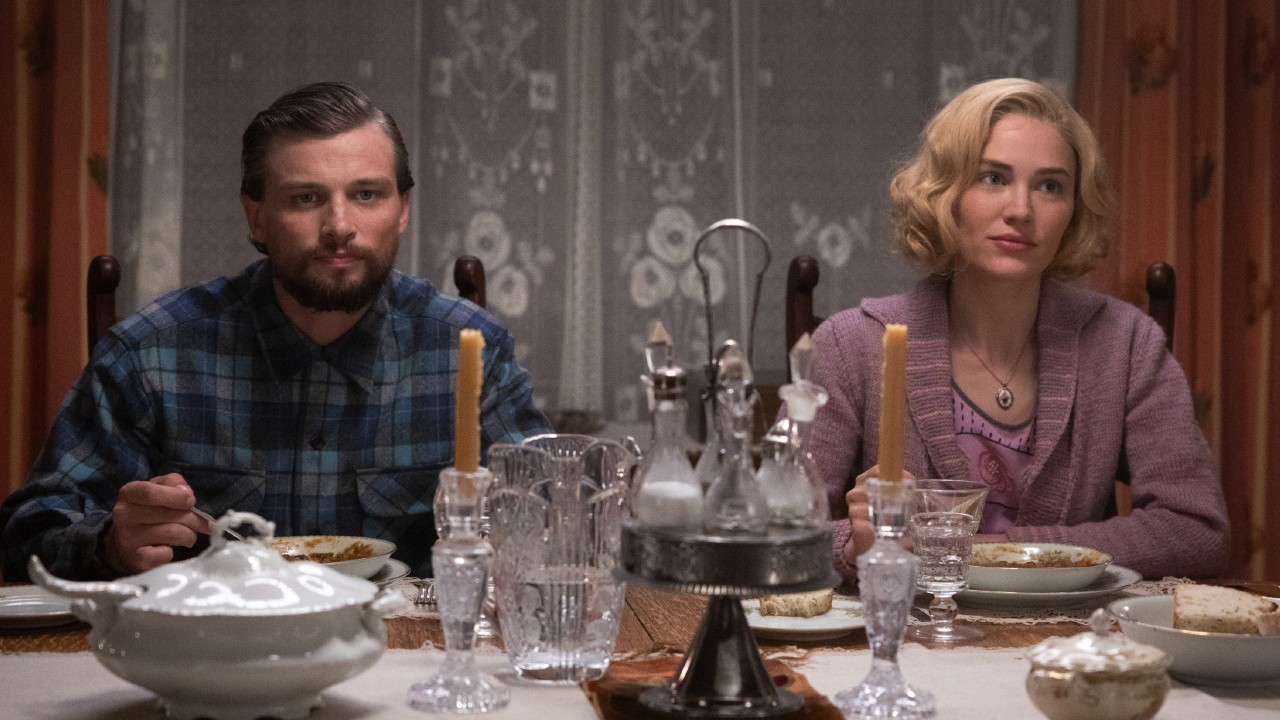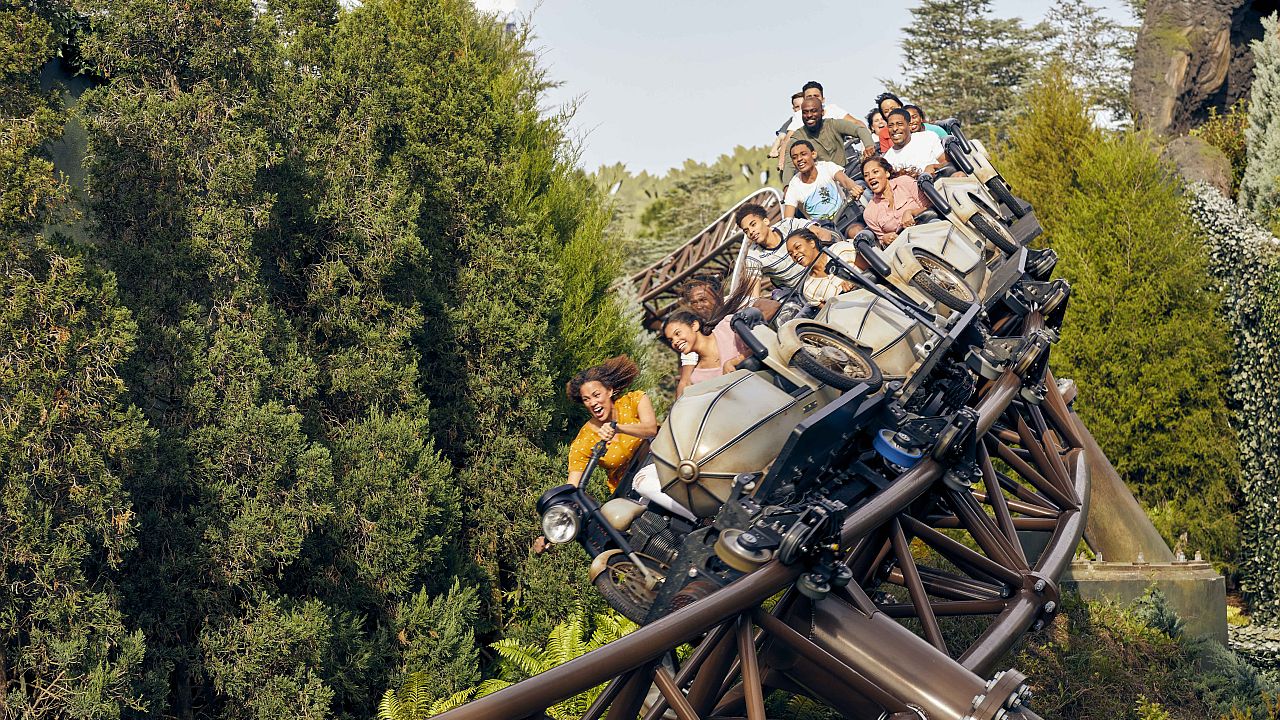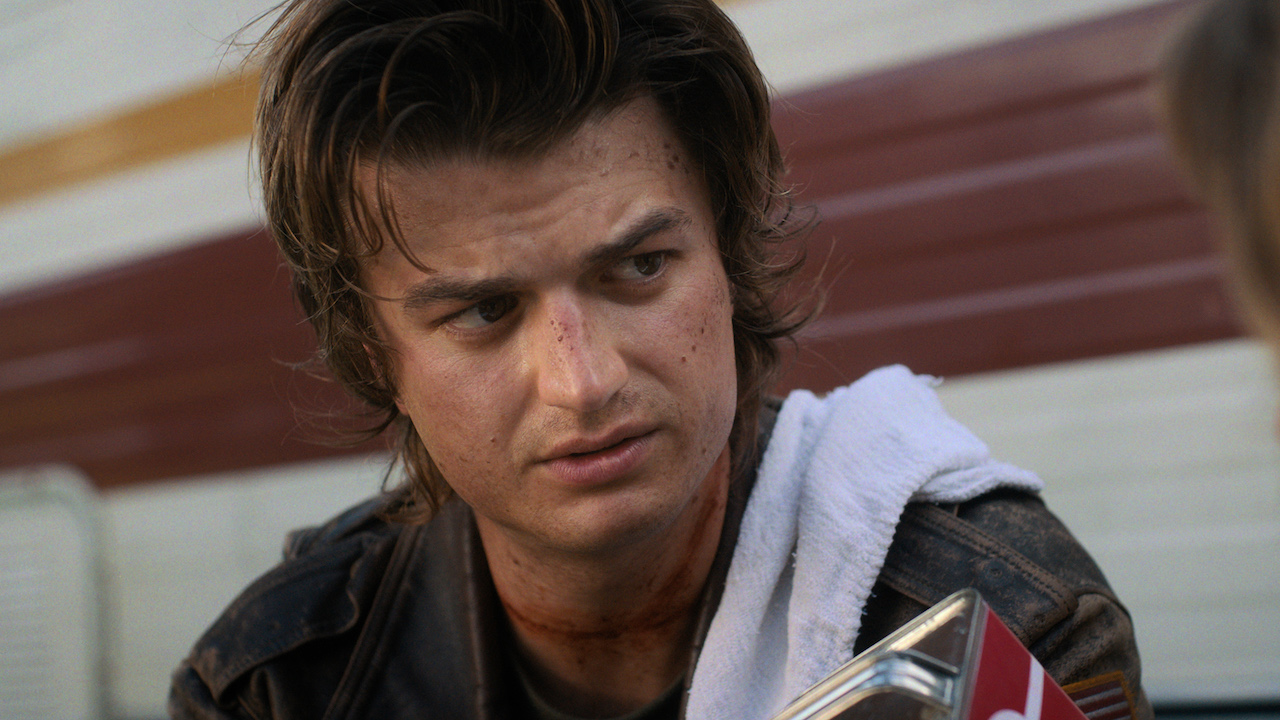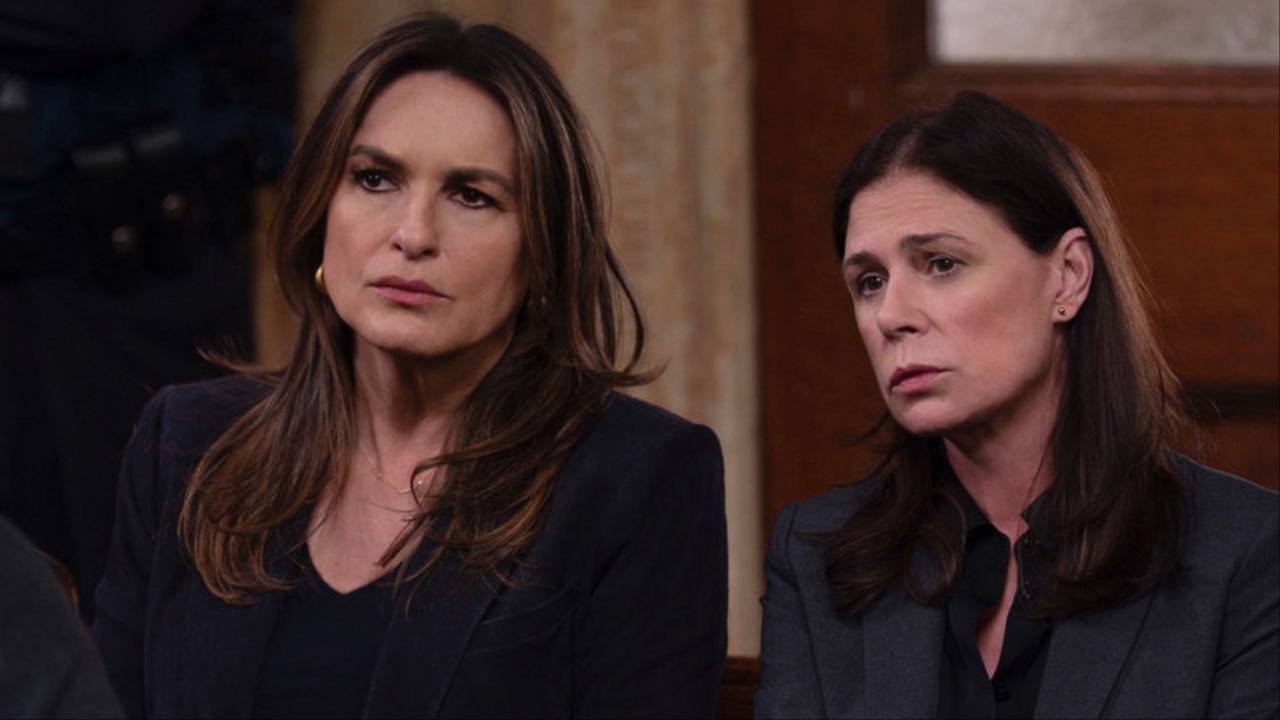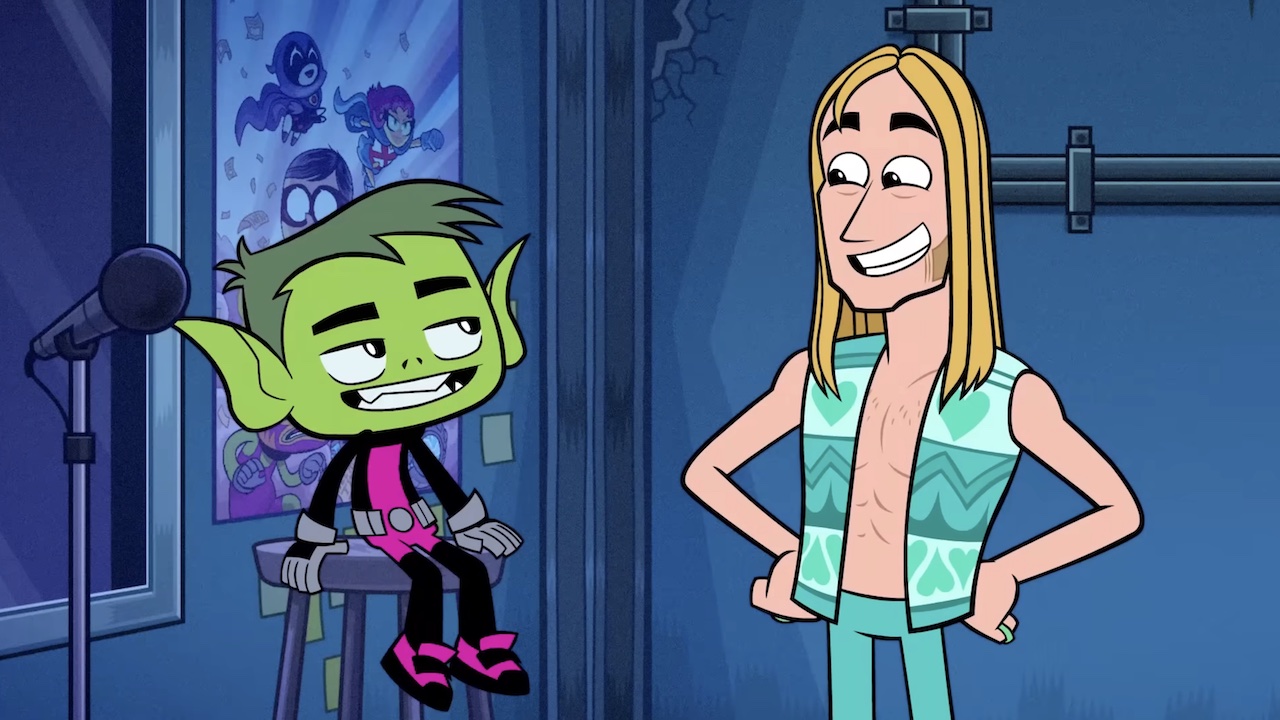Charlie Day Interview: On Horrible Bosses And del Toro's Pacific Rim
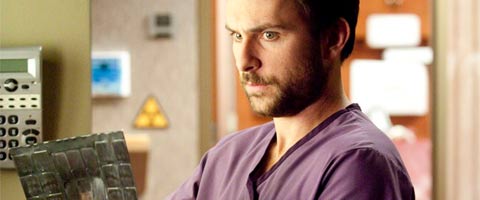
On It's Always Sunny in Philadelphia, Charlie Day and his co-stars are all playing characters who are peas in a slightly deranged pod-- constantly scheming, backstabbing and getting into wild trouble, mostly because they just don't know any better. The scheming and mayhem carries over into Day's new film Horrible Bosses, but instead of the equally manipulative and loony gang from Paddy's Pub, he's teaming up with Jason Bateman and Jason Sudeikis-- all of them dumb enough to think they can get away with murder, but all three bringing different comedic styles to this caper comedy with a violent twist.
Day, who also starred opposite Sudeikis in Going the Distance last summer, is just starting to parlay his fame from It's Always Sunny into a movie acting career, which includes his likely role in Guillermo del Toro's next movie Pacific Rim. I talked to him a little bit about that film and his transition into films, as well as the dynamic between him and "the two Jasons" in Horrible Bosses. As a writer on It's Always Sunny as well as an actor, he's got a lot more insight into the way comedy works than you might expect from a guy who says he's never considered himself a comedian. We start off, though, talking about a question he's been asked a lot in the process of promoting Horrible Bosses-- why his character wouldn't just sleep with his boss, the sexually aggressive dentist played by Jennifer Aniston. As a happily married man, Day is good and sick of the question, and who can blame him? Check out our conversation below, and see Horrible Bosses in theaters on July 8.
Your defense of monogamy at the press conference was really charming I thought! You must be dealing with that question a lot.
Yeah, I'm a little tired of that sort of fratboyish question-- "Dude, why wouldn't you sleep with her?" Let's be real. Not a single person who wanted to stay in a relationship would say that. I understand the spirit of the joke, and that it's a funny thing to stay, but I also want to call people out on statements like that.
What's the contrast between the kind of ensemble work you guys are doing here, all bouncing off each other in these scenes together, and what you do on It's Always Sunny. Do you see differences between them?
With the two Jasons it was very similar. With how we shot, we kind of took the ball and ran with it, tried a lot of different things. Stayed on script a lot, got off script a lot-- a lot of it's in the movie, a lot of the original stuff from the script is in the movie. Kudos to Seth for being able to try it. WIth the bosses it was less that type of comedy where everyone's trying something different. It was shot a little more traditionally and acted a little more traditionally, because that's when the story is still sort of together like a neat package. Then it unravels, and the way we talk and the way we talk over each other as the story unravels and picks up steam. Whether that was intentional or accidental, it works on that level.
And that happens on the show a lot too, the picking up steam. But there's a different vibe there-- you're all on the same pitch, moving very fast. Here you're all doing something different, you and Jason and Jason. The combination seems like it'd be a challenge.
CINEMABLEND NEWSLETTER
Your Daily Blend of Entertainment News
We're lucky that the formula worked, because you're right, with Sunny there's a specific tone and almost meter to the dialogue, and all the characters are pretty consistent with it. We've had seven seasons to develop it, whereas with this movie a lot of us were working together for the first time. To pull off that sort of free-flowing dialogue and have it work with the different techniques is a little bit of luck and the right people coming together.
Did you moderate what you were doing scene by scene based on what the other guys were doing, figuring out which pitch to take?
Yeah, it's best when it's like music, and you're a jazz band and riffing a little bit. You listen to one person solo, then you try to chime in as best you can. It's really about listening-- it's a cliche about acting, but I'm trying to listen and know how to play your instrument when it's time, and do your best.
It seems like you intentionally don't have any limits in what you want to make funny and what you consider funny. Do you think you have limits?
Well, yeah. The barometer is always whether or not you find it funny. There's plenty of scripts that deal with similar subject matter that I find not funny at all, or way over the top. The trick in my opinion to a really good comedy is when it walks up to that line, and you're always wondering, "Are they going to step over it? Are they going to go too far?" That balancing act of, "I can't believe they're getting away with this, why aren't they falling?" If you don't come close enough to the line, then it's almost too safe and predictable. If you go way over it, then nobody cares to watch it. You could make a really funny movie or episode about the darkest things in the world and if you just handle it the right way it's going to be fine.
You've done a lot more comedy at this point than drama. Do you consider yourself more an actor than a comedian, even though you're known for doing comedy.
Yeah, unless you go deep in the vault, unless you go back to the Third Watch days. But yeah, I don't consider myself a comedian at all. I have no desire to do stand-up. When Jason and Jason start riffing I find it hard to keep up. For me first and foremost it's acting, it's a scene and I'm trying to perform it. The fact that it's funny hopefully is built into the script, and I have my own personal ways to try and make it funny.
Even though Pacific Rim isn't quite set, it does look like you're trying to branch out a little bit, now that you've got this comedy identity pretty established.
Well, if that all works out, I'm just lucky enough that that's an opportunity that just came my way. It was always the plan, but I'm not really trying to say or do anything more than good work, and work with good people. If a great comedy role pops up, I'll take it. If a serious dramatic role pops up and I think I can do it, I'll take that too.
It seems like for a while you were focusing on the show, and then moving on to doing film roles.
It's a bit of both, where focusing on the show has led to more movie parts. I didn't really audition for things when I was on the show too much, because we were busy. Writing the show, we were shooting it, if we weren't shooting it we were editing it. As the show got more popular the opportunities just came.
And you didn't audition for this, right?
No.
And did you audition for Going the Distance?
No. Or Pacific Rim.
Are you doing other auditions right now besides these?
No.
So you're never going to have to audition again!
Well, that's not true. There was one great director who came to town, and I decided to do one for him because of something he was doing. But generally if I don't have to, I won't.
Staff Writer at CinemaBlend

